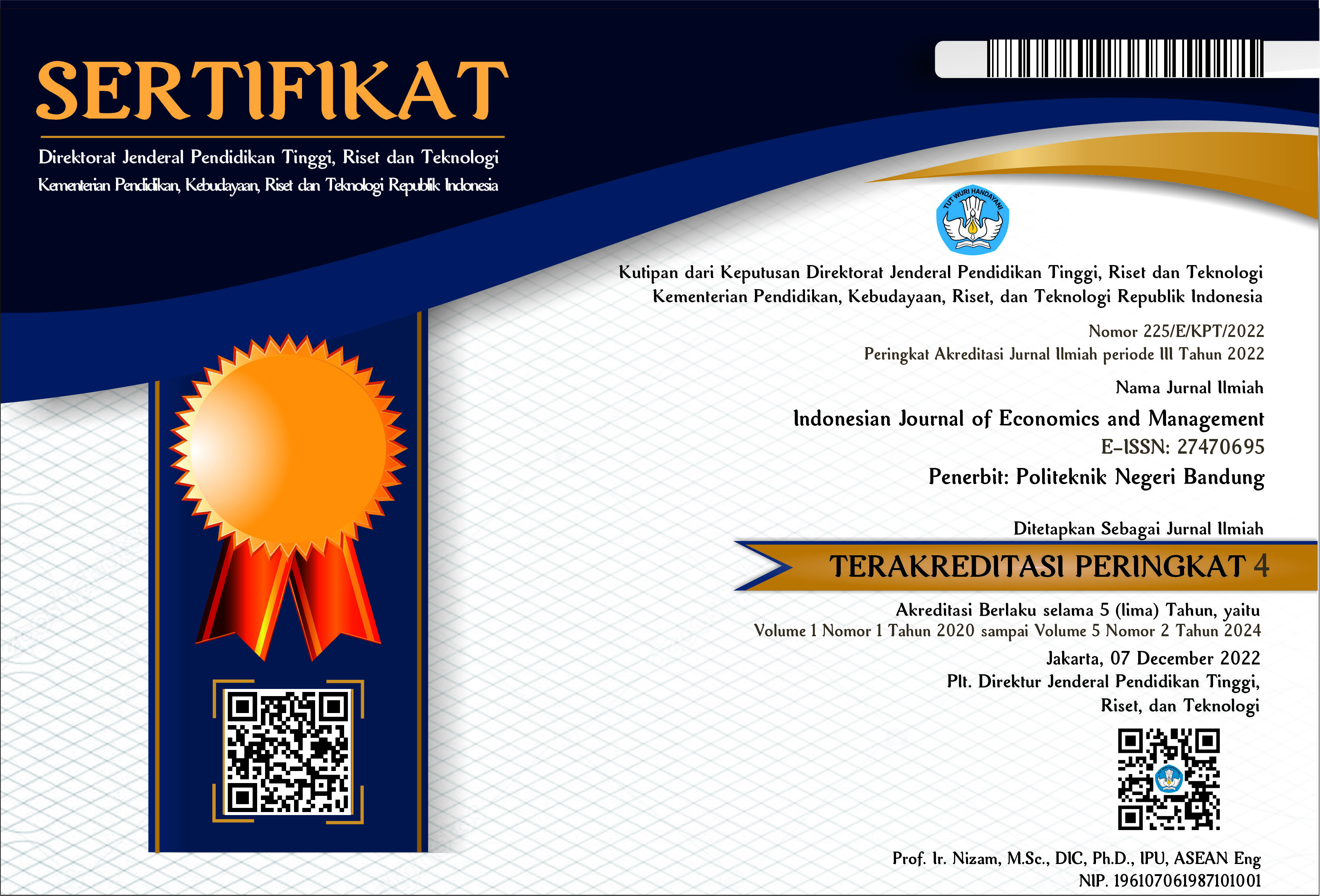Analysis of Village Fund Management and Community Empowerment during Covid-19 Pandemic
A Case Study on the Management of Village Fund in Suka Mulya Village, Wonosari District, Boalemo District
Abstract
Community empowerment as an endeavor to reduce community poverty is an issue encountered by many villages. A village is expected to be creative in terms of budget management. Based on Law No. 06 of 2014 concerning villages, Villages have sources of income in the form of original village income, revenue sharing from regional taxes and district/city regional levies, and part of the central and regional financial balance funds received by districts/cities, budget allocations from State Budget (APBN) district/city, as well as grants and donations that are not legally binding from third parties. The study aims to describe village funds management in improving community welfare through community empowerment programs conducted in Suka Mulya Village, Wonosari District, Gorontalo Regency. It relied on a descriptive qualitative method which explains the description of each variable in the study. The result discovered that the Village Fund, which the government provided to communities as a type of stimulus to improve welfare and community empowerment, was not adequately managed as expected. The utilization of Village Funds in the site area since 2019 has not been fully effective in an effort to improve community welfare. This can be seen in the failure of the community empowerment program in Suka Mulya Village, Wonosari District, Boalemo Regency.



